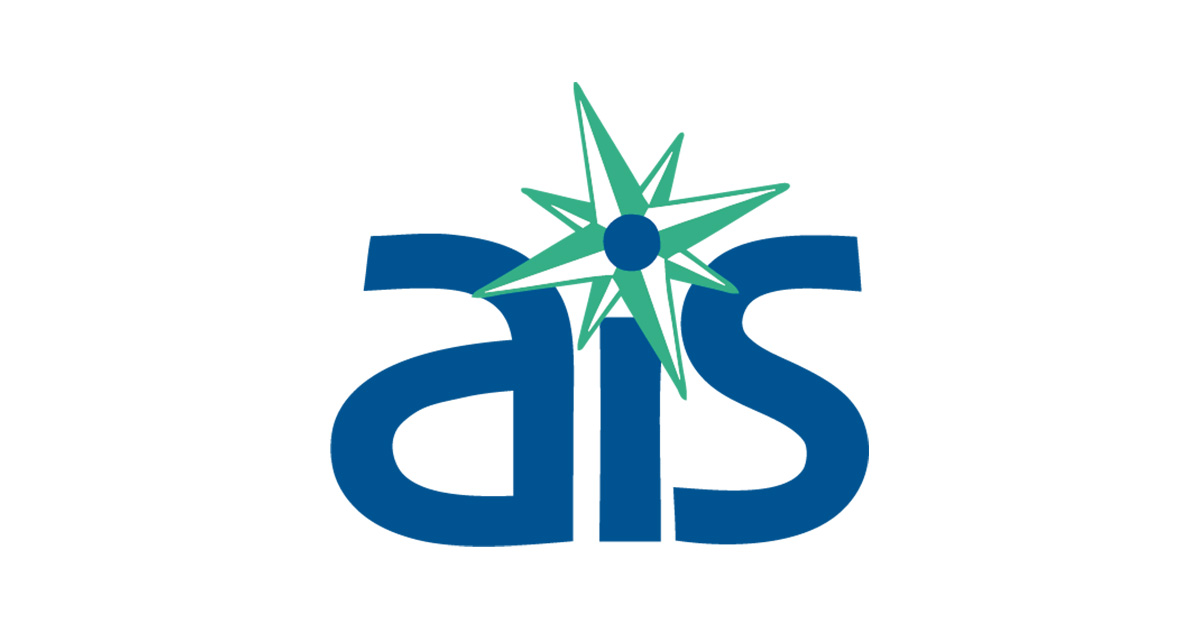A.I.S., Inc. (AIS) is a national scientific services firm supporting maritime activities requiring certification of compliance with environmental regulations as well as collecting data for use by Federal, State, Municipal, and other government agencies along the US coastline.
AIS is recruiting Platform Removal/Sea Turtle Observers to work at sea collecting and recording data and biological samples for the National Marine Fisheries Service (NMFS) Southeast Fisheries Science Center (SEFCS).
The primary goals of NOAA’s Platform Removal Observer Program are to minimize the impacts to sea turtles and marine mammals of underwater explosives used during the removal of offshore oil and gas platforms in the Gulf of Mexico, primarily off Louisiana and Texas. If you ever wanted to make a difference, this is how.
Observers’ conduct surface and aerial surveys to detect the presence of marine protected species within a predetermined impact zone around the platform prior to detonation of explosives. Observations are made from vessels, barges, oil platforms, and small aircraft, primarily helicopters. Record keeping, trip report preparation, data collection, data entry and data proofing are also required. Duration of offshore trips averages approximately 3-7 days. Much longer trips may occur. Training will occur over a two-week period and consist of in person instruction in Galveston, TX. Approximately 95% of work is offshore where observer lives aboard vessels, barges, and platforms. Observers are deployed from ports throughout the Gulf of Mexico, primarily Louisiana and Texas.
Training includes instructions on sampling protocols, marine mammal/sea turtle identification, explosives, and safety.
This is a challenging job and candidates must be physically able to handle heavy lifting, working odd hours, long days in rough seas and inclement weather often under harsh living conditions is required. Position is intermittent with no set daily working hours. Observers are “on call” for offshore work. Observers only work when offshore platform removals occur. Majority of work occurs from June through November. During offshore trips, observers generally work one 12 hours shift each day (sometimes longer). Overtime is paid for hours worked in excess of 40 hours per week. Observing provides an excellent career in marine biology, as observers are widely recognized as being excellent field biologists. A broad range of advancement opportunities are available to those who demonstrate appropriate capabilities. Those opportunities include, but are not limited to, project management, field supervisors, and fieldwork in other programs.
Compensation: Observers will be paid an hourly rate and total compensation will vary depending on employee’s availability and fishing effort AIS benefits package includes health and dental insurance, vacation, sick and holiday benefits. Medical offset available if candidate can provide evidence that they are covered by another qualified medical plan.
Potential additional compensation consists of performance incentives, service awards, fitness center reimbursement, and referral bonus.
Travel is reimbursed at an hourly rate along with compensation for miles accrued on a personal vehicle as well as per diem at the specified Government rate. Travel by car, boat, plane, and helicopter is required.
Minimum Qualifications:
- A bachelor's degree from an accredited college or university with a major in one of the natural sciences and a minimum of 30 semester hours or equivalent in the biological sciences
- At least one undergraduate course in math or statistics.
- All relevant course work must have been performed at a level acceptable for credit at the candidate’s academic institution.
- Experience with data entry on computers.
- Observer candidates must be U.S. citizens, or be legally authorized to work in the U.S.
- Candidates must be physically able, as determined by a licensed physician’s certification to perform observer duties.
- Ability to maintain 24-hour availability as needed via cell phone
- Your own transportation is required.
- Pass Helicopter Underwater Egress Training (“dunker” training)/Sea Survival classroom & pool training
- Must have physical attributes conducive to working at sea aboard large and small vessels and barges including but not limited to: performing offshore transfers using swing lines and personnel baskets, performing vessel to vessel transfers, traversing steep stairways and walkways aboard rolling vessels, performing visual surveys of the sea surface from altitudes up to 700 ft.
- Since seating capacity and flight duration of small aircraft is restricted by passenger and cargo size/weight, total weight is restricted to 620 pounds for two (2) observers and gear bags. Capacity is restricted to 250 lb. per person.






